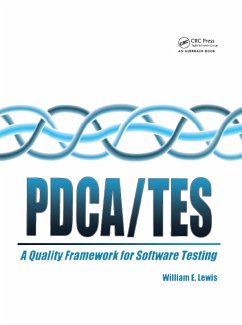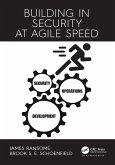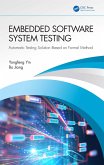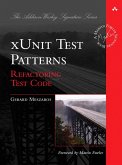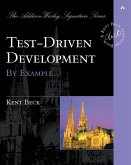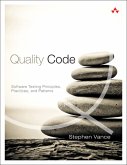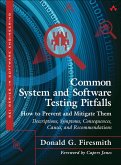Most manuals assume software testing is being performed as part of a well-defined, structured development cycle based on clearly stated requirements and standards. Unfortunately, this is not often the case in the real world. PDCA/Test presents a continuous quality framework, based on Dr. Edward Deming's famous rapid application "spiral" development model for quality through a continuous improvement process to promote effective testing methods. The book, and the included CD-ROM, gives readers all the tools and knowledge they need to assure quality software testing throughout all stages of development, no matter how unstructured that process may wind up being.
Dieser Download kann aus rechtlichen Gründen nur mit Rechnungsadresse in A, B, BG, CY, CZ, D, DK, EW, E, FIN, F, GR, HR, H, IRL, I, LT, L, LR, M, NL, PL, P, R, S, SLO, SK ausgeliefert werden.

